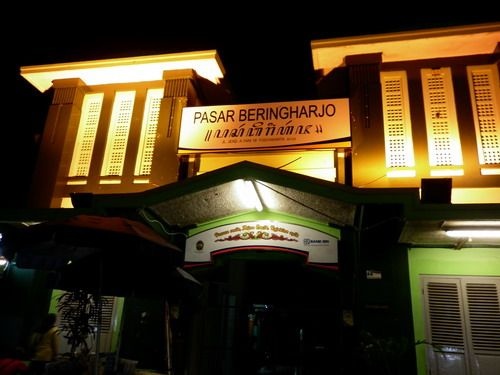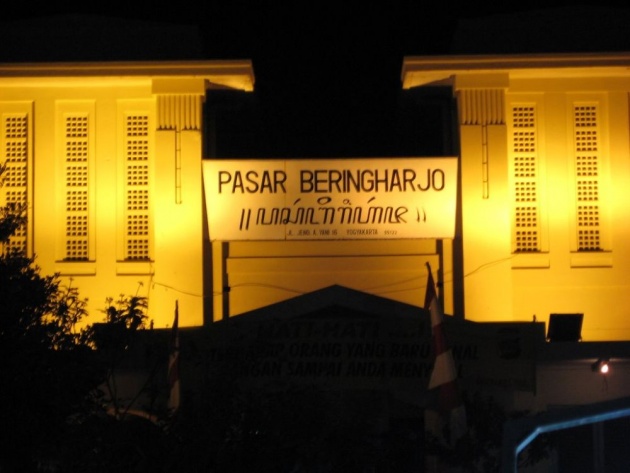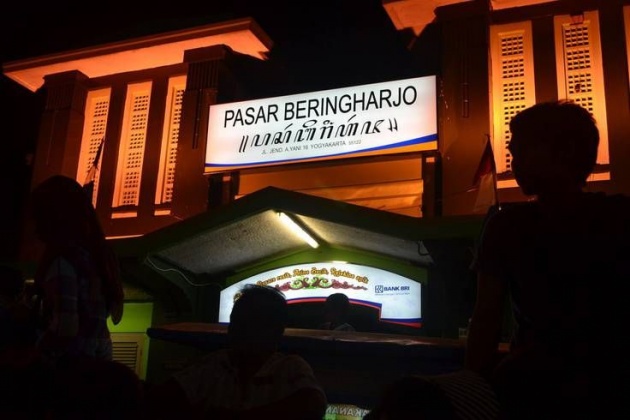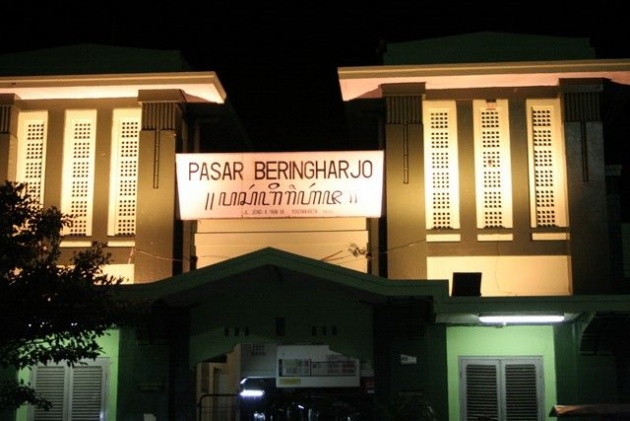Beringharjo Market becomes part of Malioboro that is worth visiting. This market has been center of economy activity since years ago and its existence has philosophical meaning. The market that had been renovated several times symbolized stages of human life that is busily engaged in its economy fulfillment.
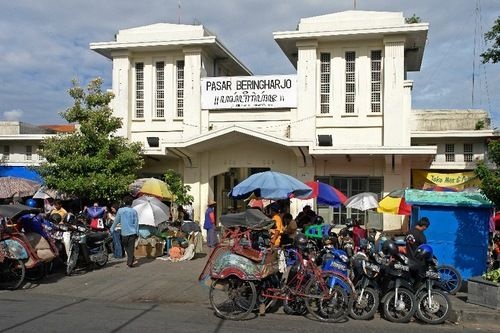
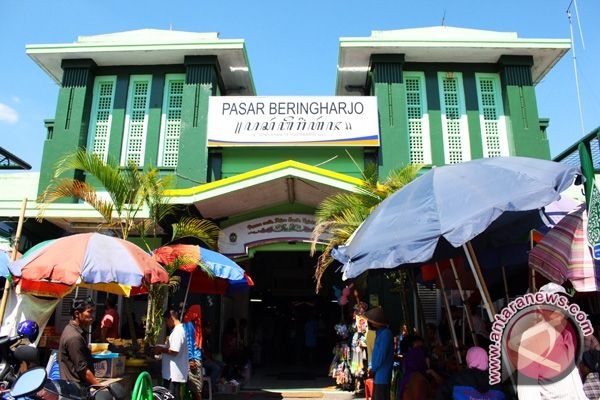
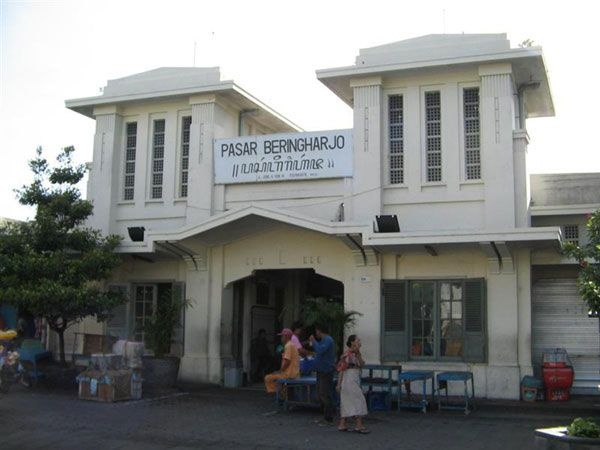
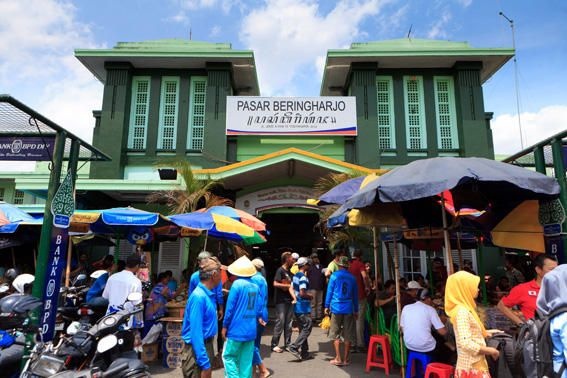
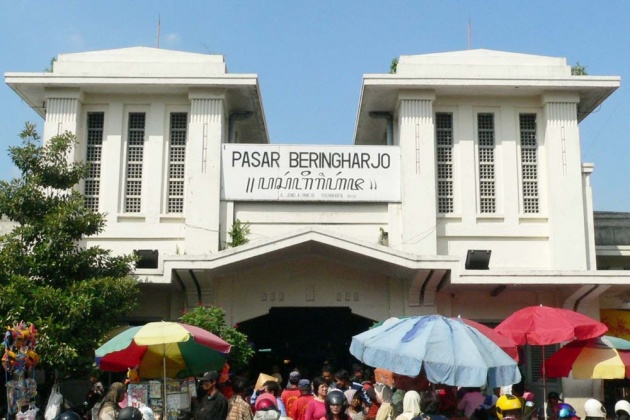
The area where current Beringharjo Market lies used to be forest of banyan trees. Soon after the foundation of Ngayogyakarta Hadiningrat Kingdom, i.e. in 1758, the area was used as a place for economy transaction by the people of Yogyakarta and its vicinities. only hundreds years later, namely in 1925, the transaction place had a permanent building. the name "Beringharjo" was given by Hamengku Buwono IX, meaning that the place where Banyan tree (bering) used to grow is expected to bring welfare (harjo). Now, tourist define this place as an enjoyable shopping place
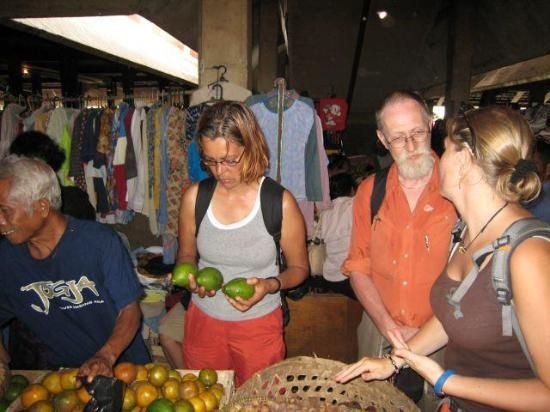
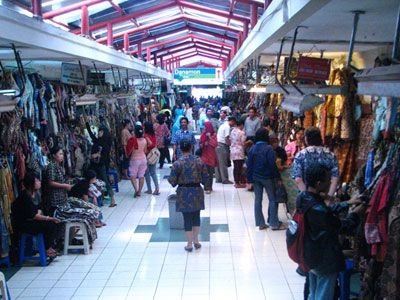
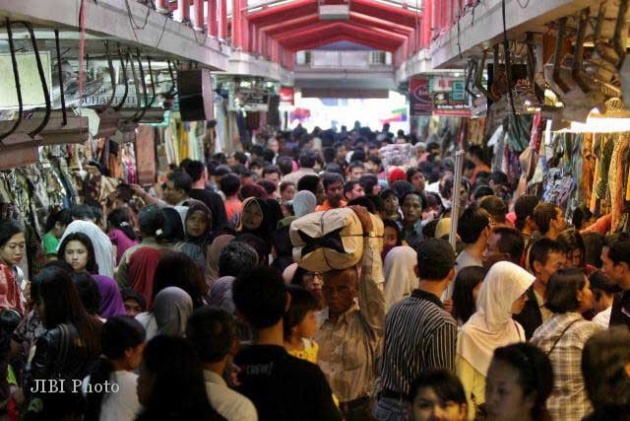
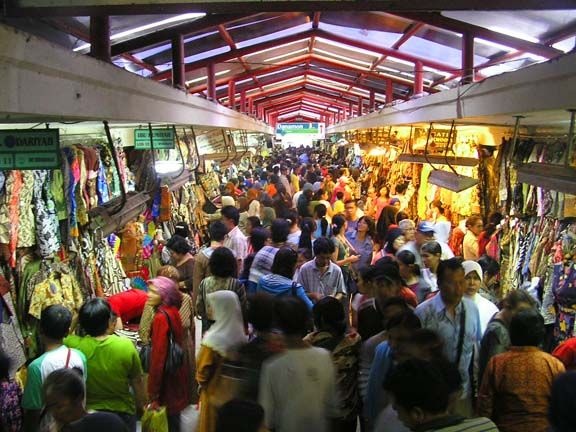
The front part and the western part of the market are the right places to find delicious traditional snack. At the north side of the front part, you will find round brem (a kind of snack made from the extract of fermented tubers) that is softer than that of Madiun City and krasikan (sweet cake made from glutinous rice and palm sugar). in the south part, you find bakpia cake filled with mung bean that is sold warm and wet snacks such as hung kwe and nagasari. Meanwhile, at the back part, usually they sell durable snack suc as ting-ting made of caramel mixed with peanut.
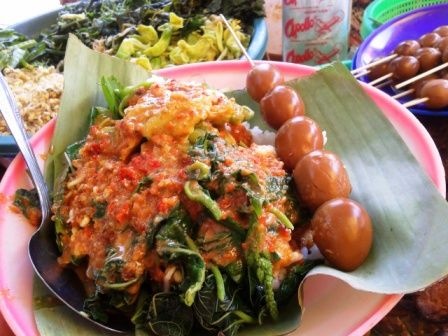
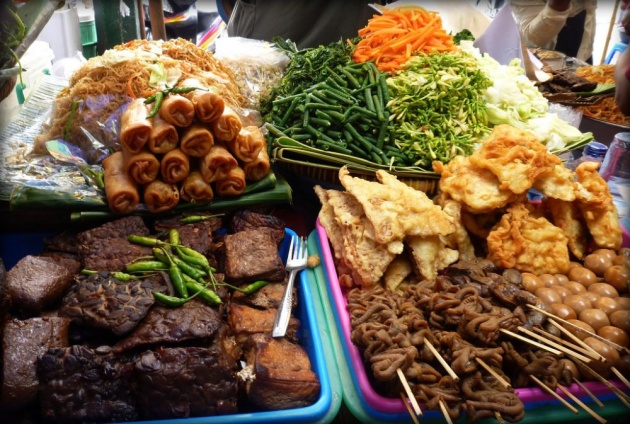
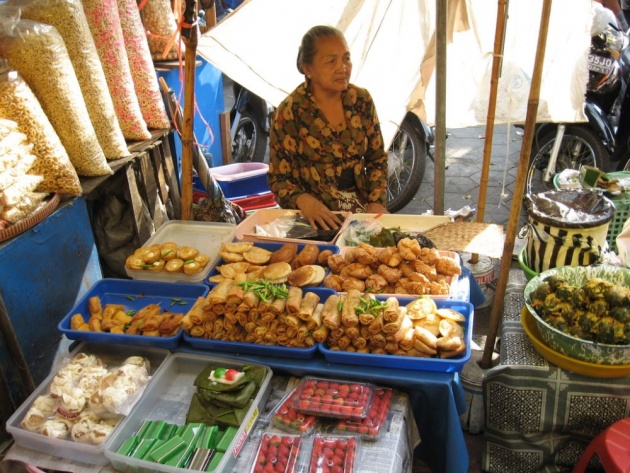
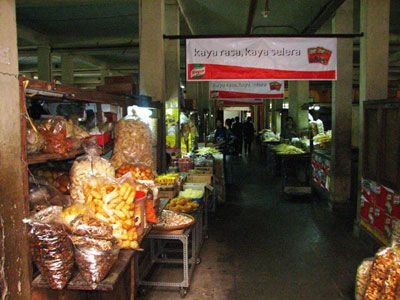
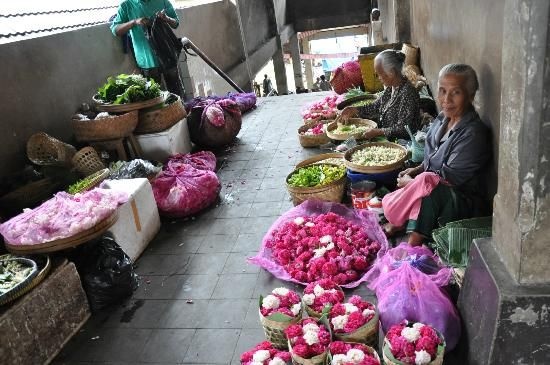
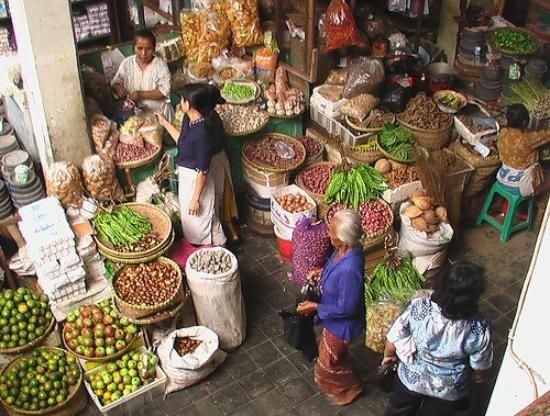
If you want to buy batik, Beringharjo is the best place because of its complete collection, ranging from batik cloth to batik clothes made of both cotton and silk material, with the prices ranging from tens thousands to a million. Collection of batik cloth is available almost everywhere in the west part of this market.

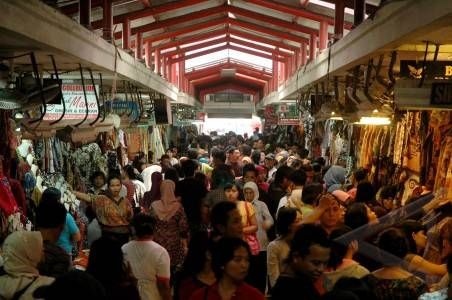
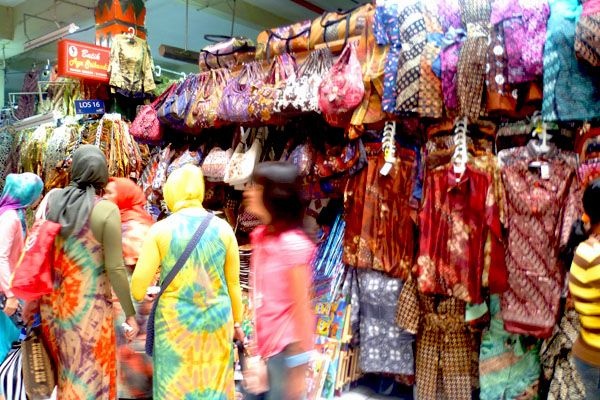
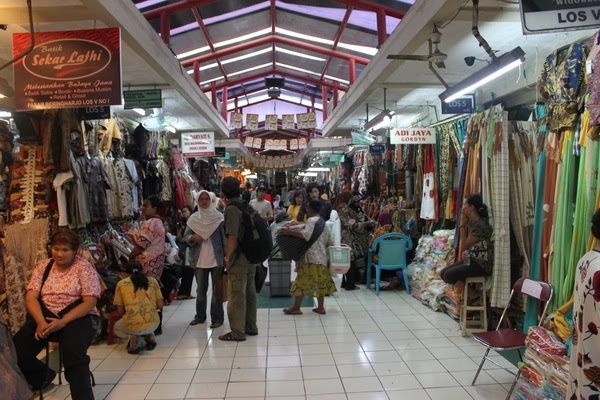
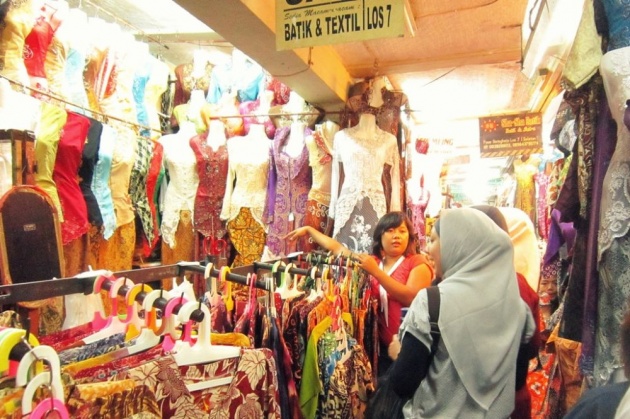
Even though the market is closed at 05.00p.m, the dynamics of the merchants does not stop by that time. In front of the market, there are still many food seller offering many kinds of special food. Martabak with various fillers, the sweet terang bulan mixed with chocolate and peanut, and the delicious klepon filled with palm sugar are sold every evening.
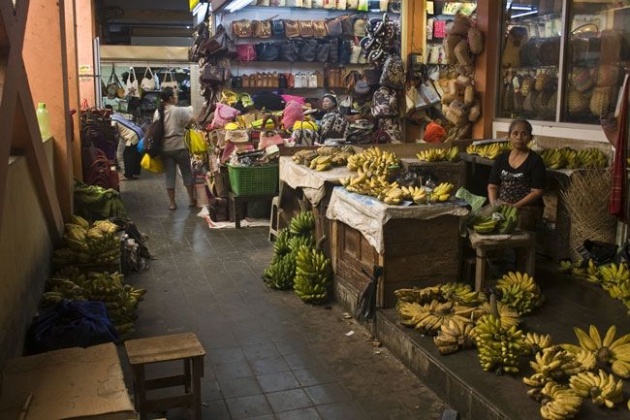
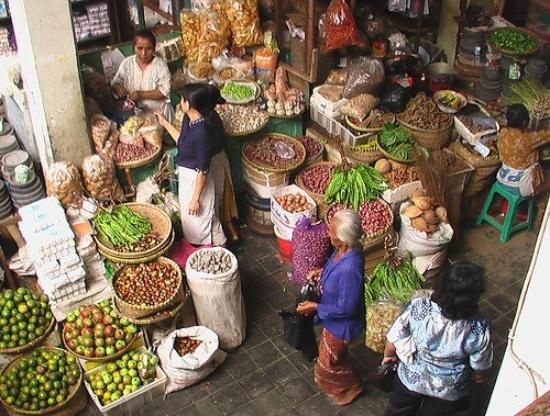
At around 06.00p.m. until late at night, there is usually gudeg seller who also offer special cuisines of cow skin and variant of stir-fried vegetable with chili. While having your meals, you can listen to Javanese traditional music or have a talk with the seller who will address your friendly. It is just complete!
